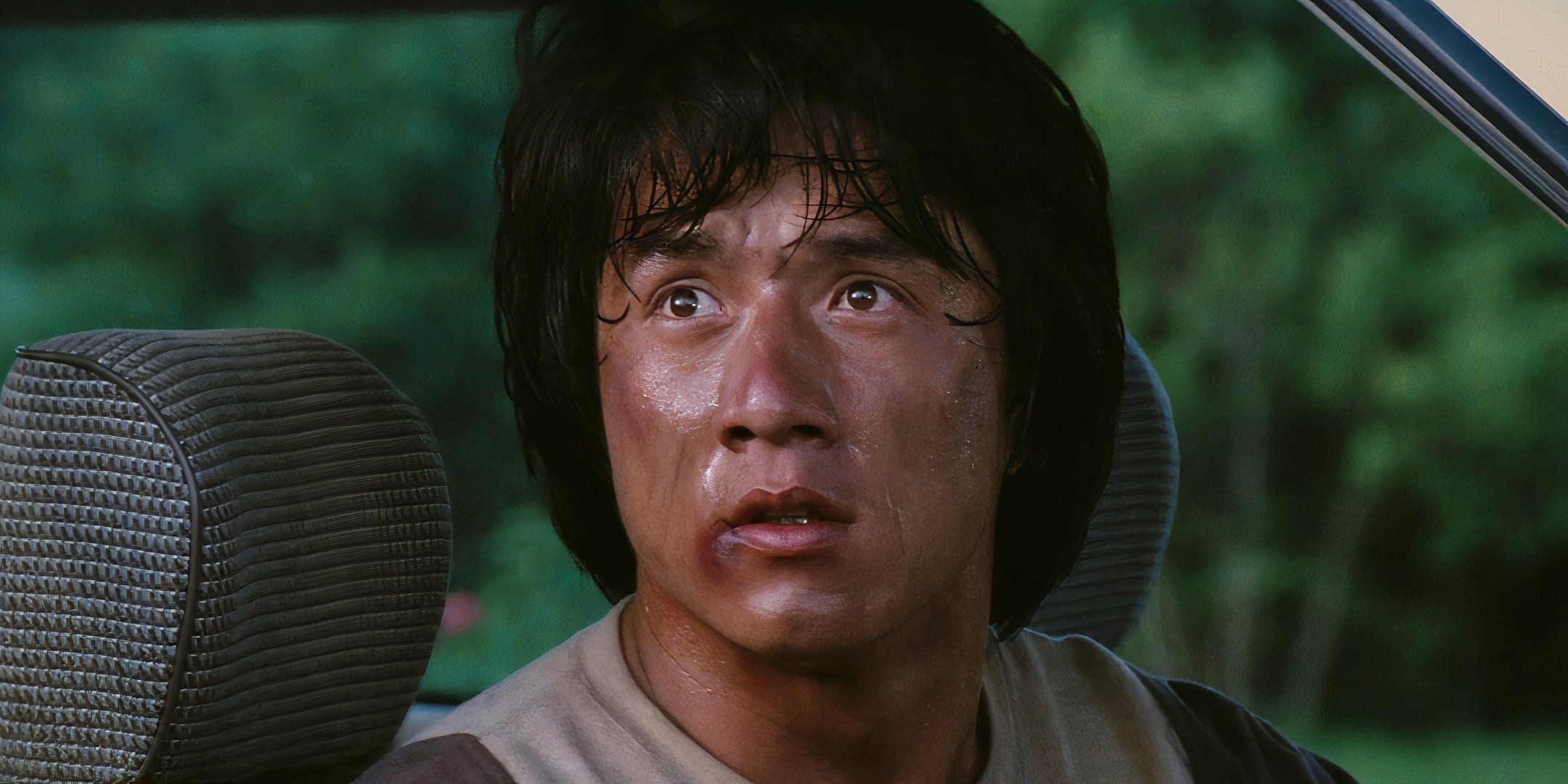
Jackie Chan’s “Rush Hour” (1998), a timeless example of the buddy cop genre, has garnered classic status over the years. However, it should be noted that its humor might now be considered as “inappropriate.” The film revolves around Jackie Chan (Lee) and Chris Tucker (James Carter), two characters who team up to save Soo-Yung Han (Julia Hsu) from a criminal organization. It was an enormous success, and discussions about a potential “Rush Hour 4” are common in today’s conversations.
In the first installment of Rush Hour, it brought in approximately $250 million at the box office, which was a significant return on its original budget of $30 million. The second movie, Rush Hour 2 (2001), continued this trend, earning an impressive $347 million against a budget of $90 million. However, the third film, Rush Hour 3 (2007), faced challenges and managed to gross $258 million worldwide, but this was on a much larger estimated budget of $150 million. Sadly, the success of the Rush Hour franchise has been somewhat tarnished by a concerning alert shared by @VHSDVDBLURAY4K.
In my experience, a disclaimer is displayed prior to the start of the original “Rush Hour” movie on Prime Video. This disclaimer underscores that the ’90s comedies, including this one, were produced in a different era. It alerts viewers that the film contains language, humor, and depictions that may be considered offensive by today’s standards. Despite the good intentions, it seems this warning has sparked quite a reaction on Twitter.
What This Means For Rush Hour
Other Movies May Receive Similar Warnings
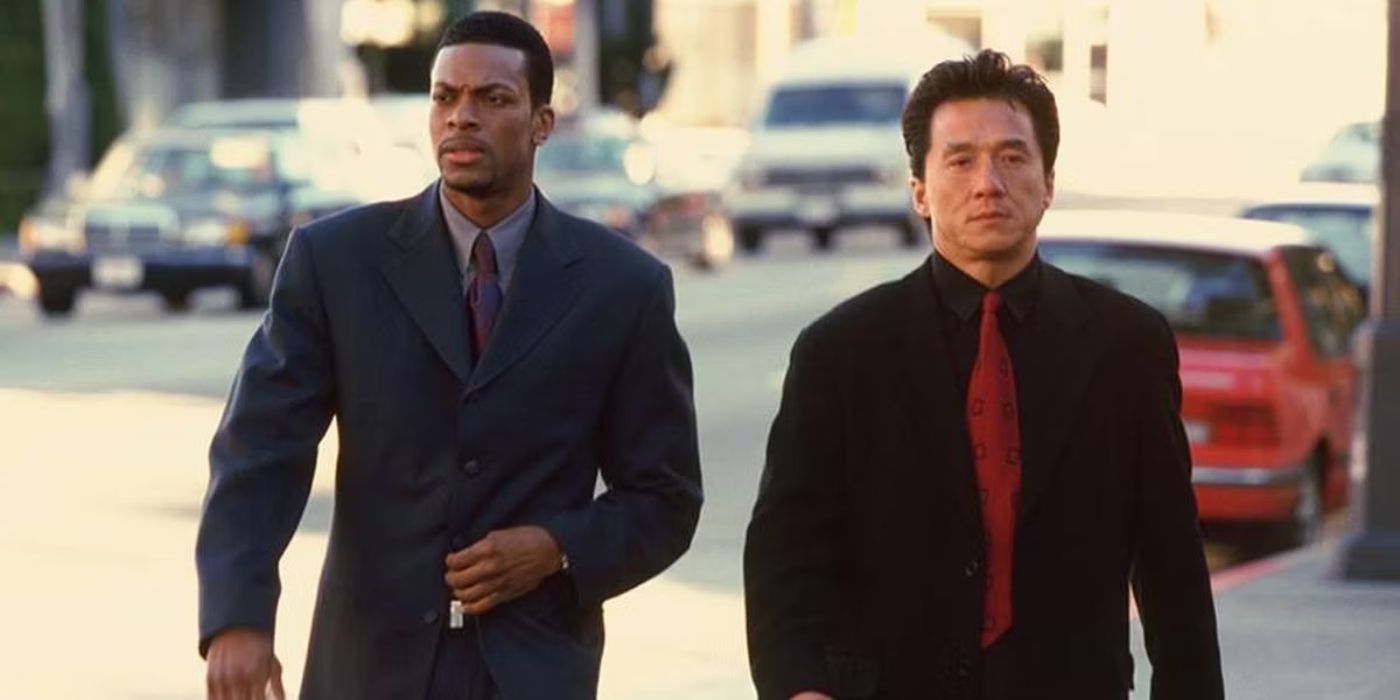
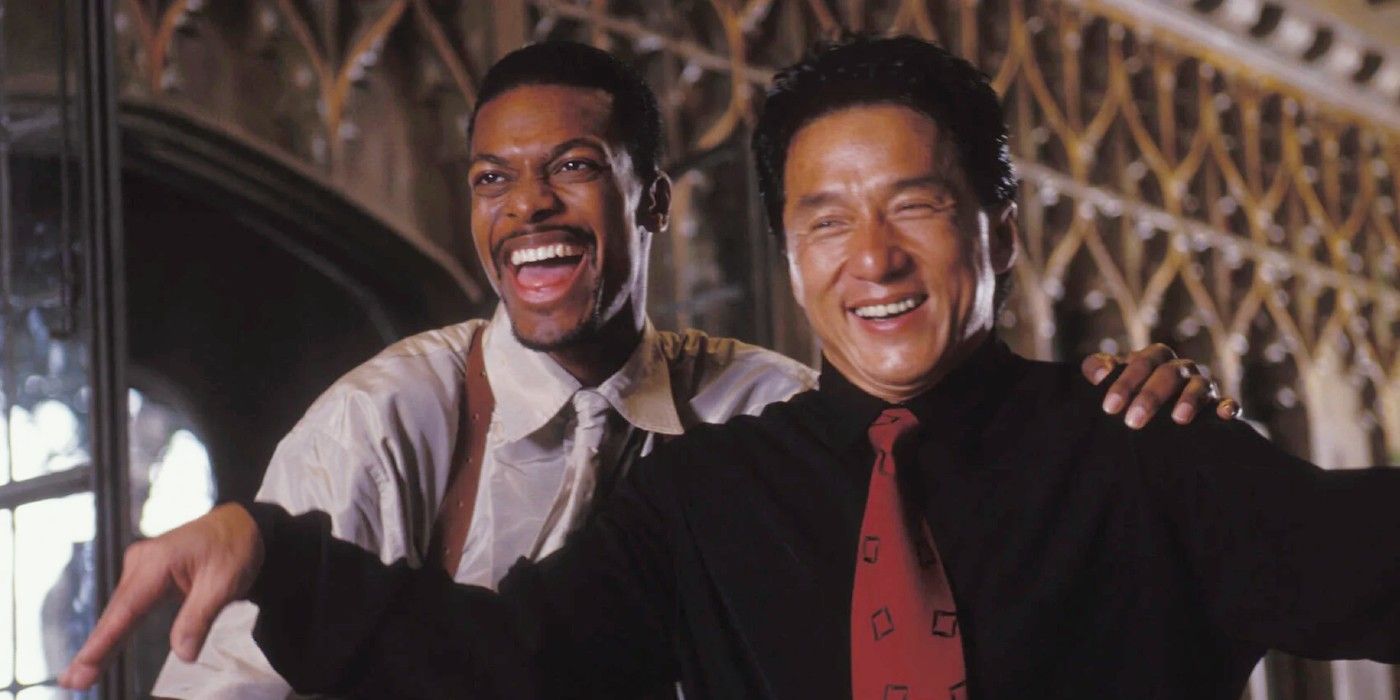
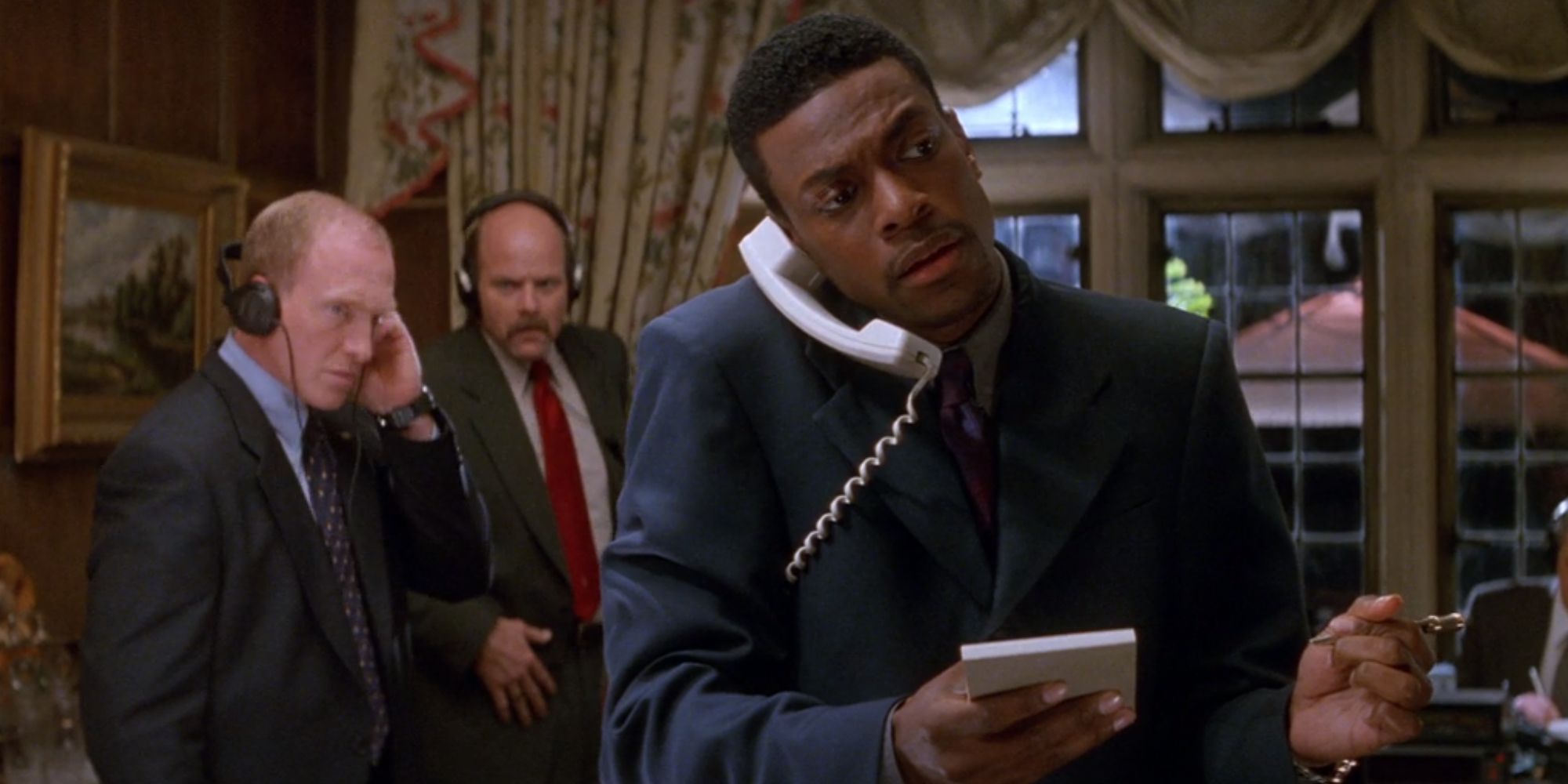
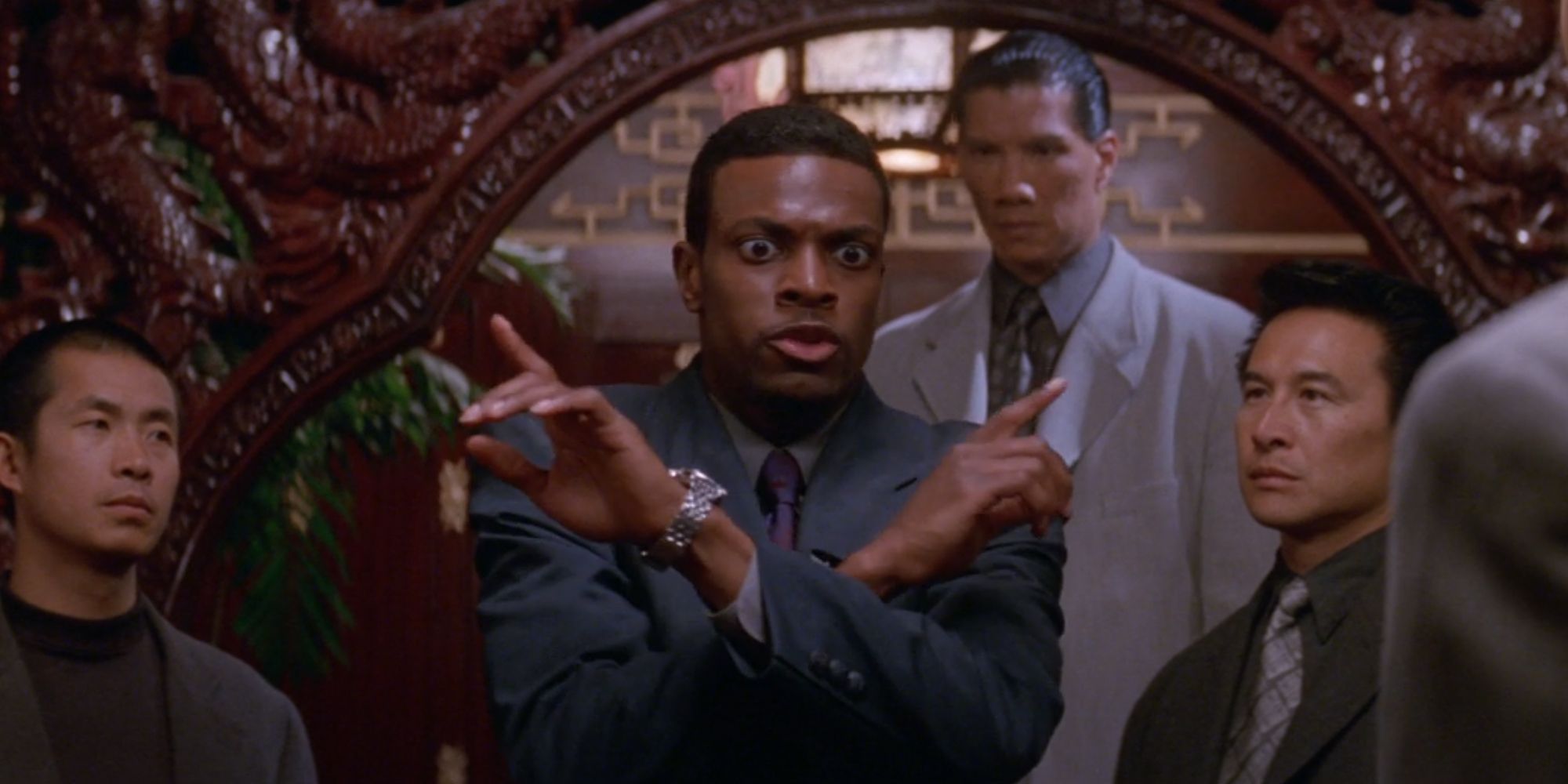
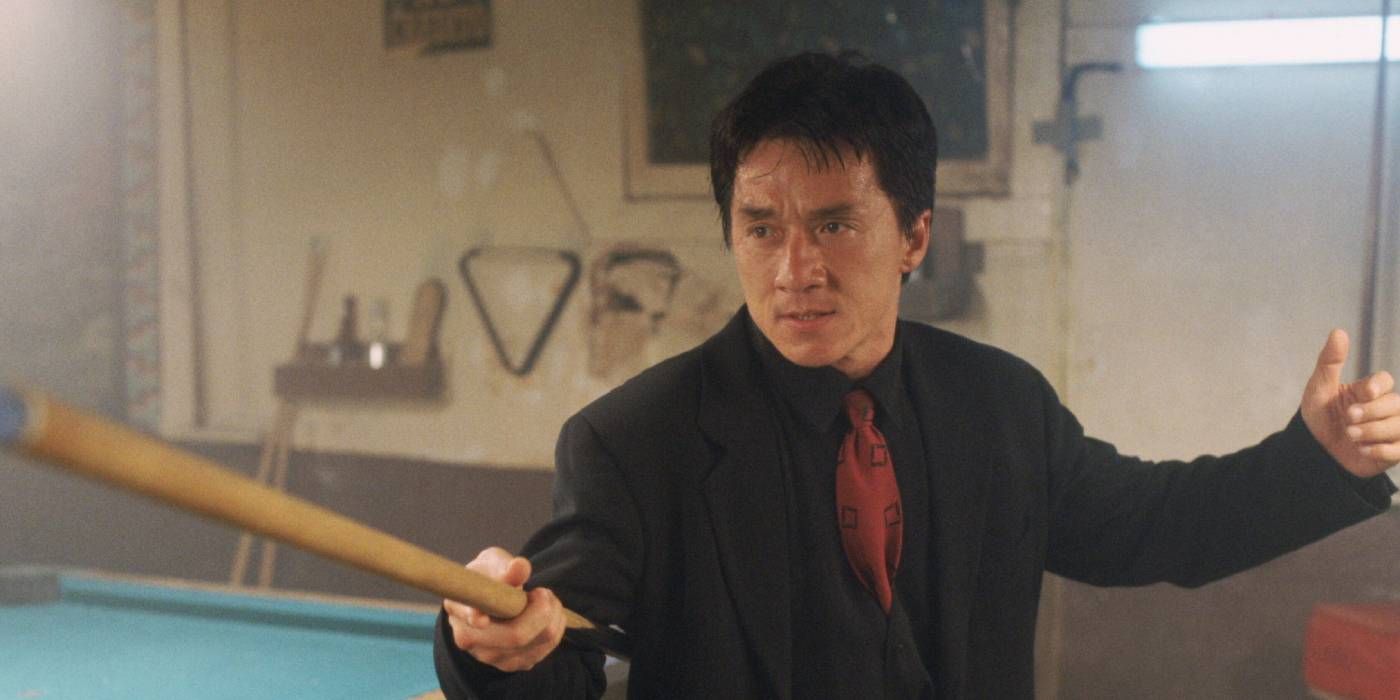
It’s understandable that a warning was added to the film “Rush Hour,” considering its content includes numerous racial jokes, offensive language, and stereotypes. Despite being a well-known movie, its reemergence has sparked controversy. Twitter users are pointing fingers at various generations for the warning’s presence, with some claiming it reflects an overly cautious society.
Other users are suggesting that the warning isn’t something to be overly concerned about. Similar to how movies include warnings for violent scenes, mature content, and harsh language, the movie Rush Hour includes a sign acknowledging that the ’90s were a different era. Even though today’s audience might be more sensitive towards such depictions, having the warning doesn’t negatively impact the movie.
As the debate rages on regarding the introduction of a new theme for Rush Hour, some are instead directing their attention towards other movies from the same era. On Twitter, some users are posing questions about whether Blazing Saddles (1974), which already carries a warning label, might need an additional disclaimer. It’s clear that as time goes by, more and more classic films will likely be given new cautionary notices.
Our Take On Rush Hour’s Content Warning
There Is Nothing Wrong With A Warning
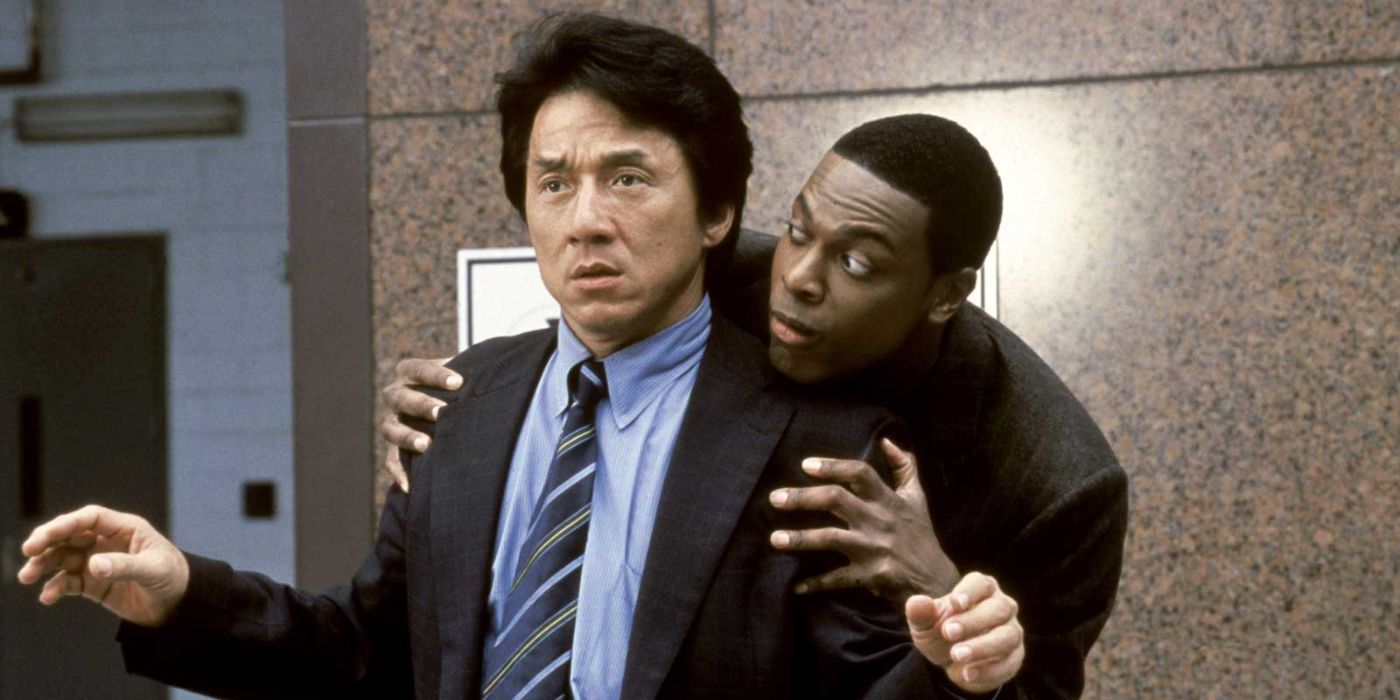
Jackie Chan, known for his dislike towards the “Rush Hour” movies, might not take offense to the warning, given his expressed feelings of confusion and lack of appreciation for American culture and dialogue, particularly its humor, which he finds unappealing. It’s unlikely that this warning would upset the actor.
The warning doesn’t directly criticize this movie, but rather suggests viewing it with a ’90s perspective in mind. It’s perfectly fine to offer background information before showing a film, especially when dealing with potentially controversial jokes. In fact, such context could enhance the viewers’ experience, as they may not require surprise to appreciate that humor.
Over time, as culture evolves, more films like “Rush Hour” may face similar warnings, but these do not diminish Jackie Chan’s standing as a highly respected action and comedy performer. His reputation remains unaltered by such cautions; he will forever be celebrated for his talents.
Read More
- Clash Royale Best Boss Bandit Champion decks
- Vampire’s Fall 2 redeem codes and how to use them (June 2025)
- Mobile Legends January 2026 Leaks: Upcoming new skins, heroes, events and more
- World Eternal Online promo codes and how to use them (September 2025)
- Clash Royale Season 79 “Fire and Ice” January 2026 Update and Balance Changes
- Best Arena 9 Decks in Clast Royale
- Clash Royale Furnace Evolution best decks guide
- Best Hero Card Decks in Clash Royale
- FC Mobile 26: EA opens voting for its official Team of the Year (TOTY)
- Clash Royale Witch Evolution best decks guide
2025-07-06 21:29